Public hearings into the 2017 Grenfell Tower fire in London (U.K.) that killed 72 people began nearly four years ago. Hours of testimony have attempted to pinpoint responsibilities for the factors that led to the 24-storey apartment building to go up in flames.
Now come the lawsuits.
A district judge in Pennsylvania has allowed U.S. shareholders of cladding firm Arconic to proceed with a lawsuit. They claim they incurred financial loss as a result of the Grenfell fire and that company managers and executives were aware that Arconic’s cladding product had performed badly in previous fire tests.
It’s not shareholders’ first attempt to sue Arconic. In June 2019 another district court judge in Pennsylvania dismissed a previous filing, ruling that shareholders did not “plausibly claim” being misled by Arconic regarding the safety of the cladding panels.
Three months later, in September 2019, investors brought a second claim against Arconic based on the first. There they said the company had omitted facts about the Reynobond PE product, knowingly sold the product for unsafe use and neglected their responsibility to disclose alleged misuse of the product.
Arconic filed for a dismissal, saying, “hindsight-driven claims should be dismissed in full, with prejudice,” and claimed suggestions Arconic had previous knowledge of the cladding shortcomings could not be proven. They further complained about the number of pages added to the first claim, suggesting that “the plaintiffs have opted again for length over substance and specificity,” and the second filing did “nothing to cure fundamental deficiencies identified by the court.”
No action had been taken since September 2019, until this month.
The latest claims come under Section 10(b) and Section 11 of the U.S. Securities Act. These cover misleading information provided to shareholders and the liability of companies to them, says FR24News, a state-owned French news network.
According to U.K. publication The Guardian, “A U.S. judge ruled that the claim can proceed after the shareholders put forward testimony from two anonymous former Arconic employees, who say managers at its French subsidiary knew of the risks.”
One of these witnesses specifically named two senior executives at Arconic’s French facility where the Reynobond PE cladding was manufactured. These individuals were allegedly aware of the poor performance of the cladding in safety tests. A second witness has said one of those executives “knew that the downgraded Reynobond PE panels were regularly being sold for use in highrises.”
Arconic has responded, saying the company could not have known what the two executives may have known because they worked at a foreign subsidiary and that they did not hold senior positions in the company.
The company further maintains the overall cladding system was to blame for the rapid spread of the fire and therefore the two men could not have known that the Reynobond was inappropriate for the installation on the Grenfell Tower exterior. They conclude by saying that the claims allowed in this most recent filing are “meritless.”
No dollar value to the claims has been made, although one is expected.
In the meantime, police authorities say although no criminal charges related to the tragedy will be made until the official inquiry ends in 2022, they have assured survivors that their investigation will be “fearless.”
If the U.S. courtroom doesn’t provide enough drama, the Grenfell inquiry is bound for the stage.
Well-known British theatre director Nicholas Kent and former security editor for The Guardian Richard Norton-Taylor have announced a collaboration to bring the Grenfell inquiry to the U.K. stage in verbatim format. This approach is similar to their past work that focussed on the inquiry investigating Bloody Sunday, the 1972 massacre of 14 Irish protesters by British soldiers.
The duo say, “Grenfell: Value Engineering – Scenes from the Inquiry” seeks to expose, “how companies and local authorities passed the buck…incompetence, secrecy, cost-cutting, the consequences of government austerity policies, deregulation, the cosy and unaccountable networks of people who knew each other.”
John Bleasby is a Coldwater, Ont.-based freelance writer. Send comments and Legal Notes column ideas to editor@dailycommercialnews.com.



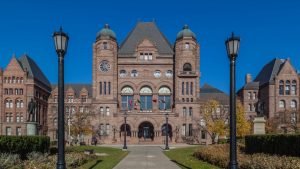
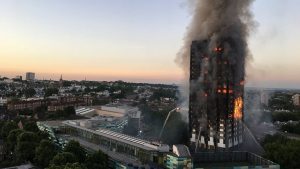

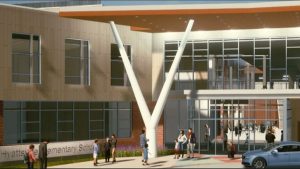
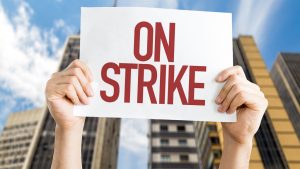


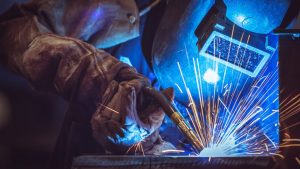
Recent Comments
comments for this post are closed